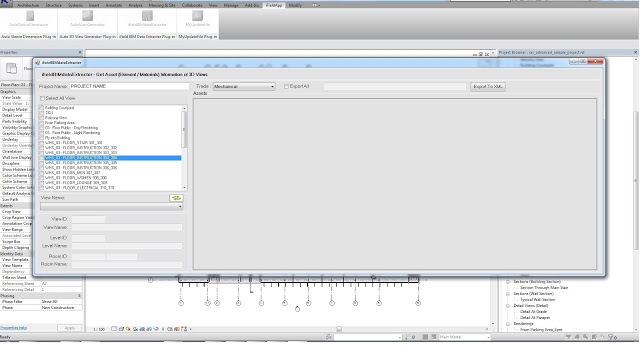

So it’s not like the assets are being encrypted or purposely hidden. Texture) in your Asset Folder in Unity, then it will open Krita (on my system, could be GIMP or Photoshop or MS Paint for others). Please can someone tell me how to directly access the assets I bought? I’m sure it’s possible because if you double-click on an asset (e.g. unitypackage files that I have bought and downloaded may contain 2D Sprites and Textures that I would like to expand and play with in tools like GIMP or Krita. tar folder, but this produced a garbage file for me that both Windows Media Player and Audacity were unable to read.

Some old articles said you can unzip it with 7Zip, by treating the file as a. The assets are saved (in Windows 10) at : “C:\Users\GFenn\AppData\Roaming\Unity\Asset Store-5.x”.įor example, one audio asset of retro sound effects is in the folder: “C:\Users\GFenn\AppData\Roaming\Unity\Asset Store-5.x\Zero Rare\AudioSound FX” and the file is called “Sound FX - Retro Pack.unitypackage” But I would like to open the downloaded local copy of my purchase and move/edit/hack the assets directly, not just to the extent possible in the Unity Editor after importing. I have bought dozens of expensive Asset Store packs with things like audio files (usually in. One such lesson should be to use a version control system and keep a backup somewhere so you never land in this situation again.I left a question in on the Unity Forums but no reply yet : (copied below**).Īny help would be appreciated! ** copy of post. If you have one specific script you don't remember how to write, or one specific image asset you can't re-make, then these strategies might be worthwhile to get a starting point you can then edit by hand back to what you want it to be.īut for most purposes you'll be better off remaking the project from scratch, using what you learned the first time around to do it better this time. This can be lossy - the texture you get at the end is not necessarily a pixel-for-pixel match with the input image.

In order to make them fast to load and efficient to display on graphics hardware, Unity converts files to GPU friendly formats and applies various compression strategies to them as part od the build process. You can try to extract assets like textures too, but you won't get your original files back. It will likely be mangled and harder to read, lacking comments etc. You can decompile the managed assemblies to get equivalent C# code out of them, but it won't be exactly the code you wrote. No, you cannot unpack a Unity build into the source files for the project.


 0 kommentar(er)
0 kommentar(er)
